Wu Tsang’s radical approach to fiction and truth takes centre stage at Gropius Bau
The American artist’s yearlong residency at the Berlin institution culminates with a major survey of her filmmaking and sculptural practice
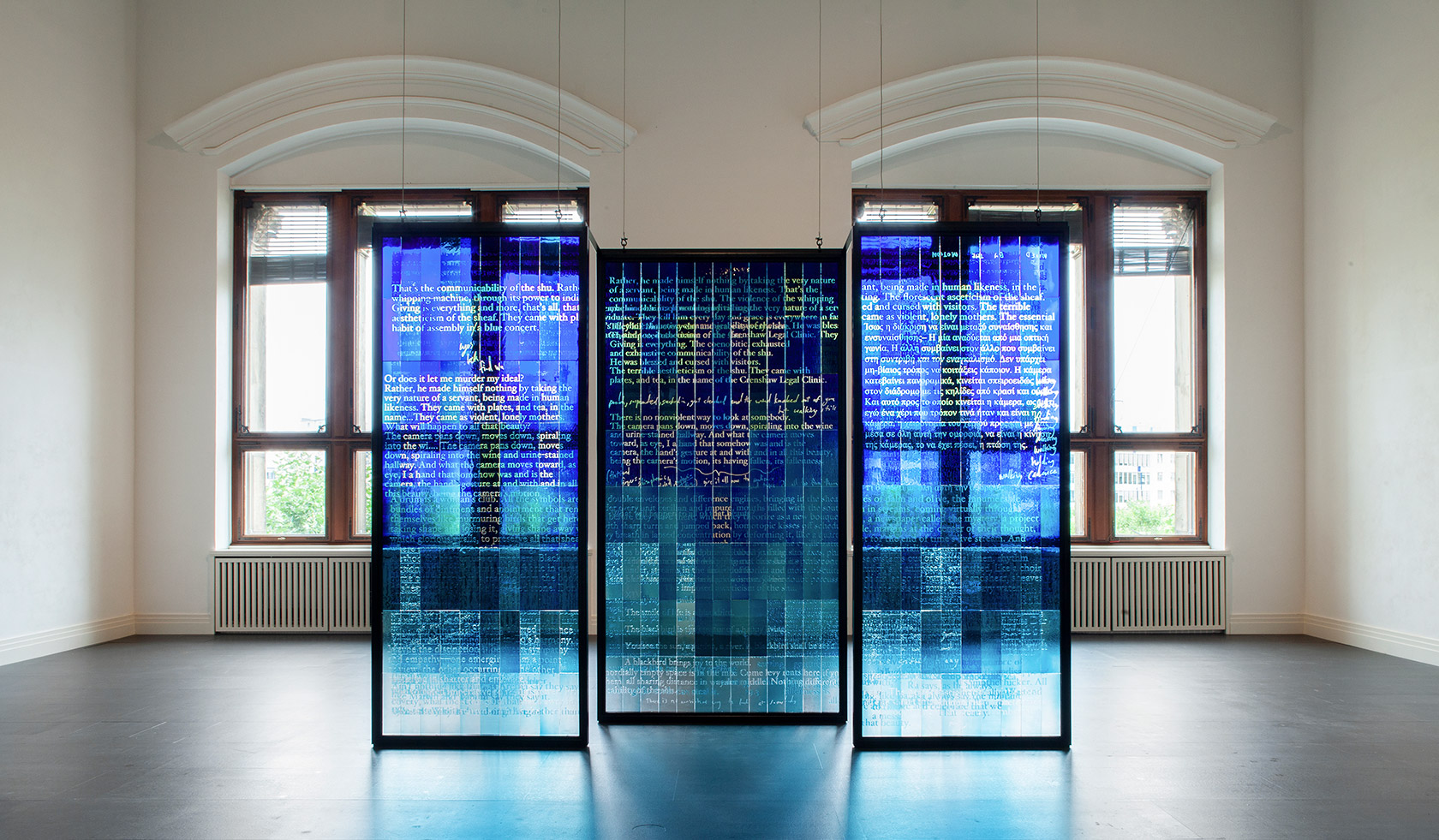
In his 1990 book Poetics of Relations, Martinican philosopher and poet Édouard Glissant famously argued for the ‘right to opacity for everyone’, as an ethical stance against imperial conquest. This notion is central to the practice of American artist Wu Tsang, as manifested across the moving image and glass-based works featured in a new major exhibition, opened at Gropius Bau. Entitled ‘There is no nonviolent way to look at somebody’, it spans seven rooms, incorporating film, sculpture, text and sound and is the result of a yearlong residency at the Berlin institution – the first of its kind.
‘I am working with transparency and opacity as metaphors for language,’ says Tsang of her site-specific, blue stained glass windows Sustained Glass. Words are etched into the pane using acid, forming an overlapping text that fades in and out of legibility. Responding to the proportions of the 19th-century, neo-Renaissance building, the sculpture inverts the tradition of stained glass windows, depicting allegorical stories through images. ‘The glass is literally shaped by the mouth and by breathing,’ Tsang says of the medieval hand-blown technique, perfected in Bavaria, ‘which makes a very physical connection to the voice.’
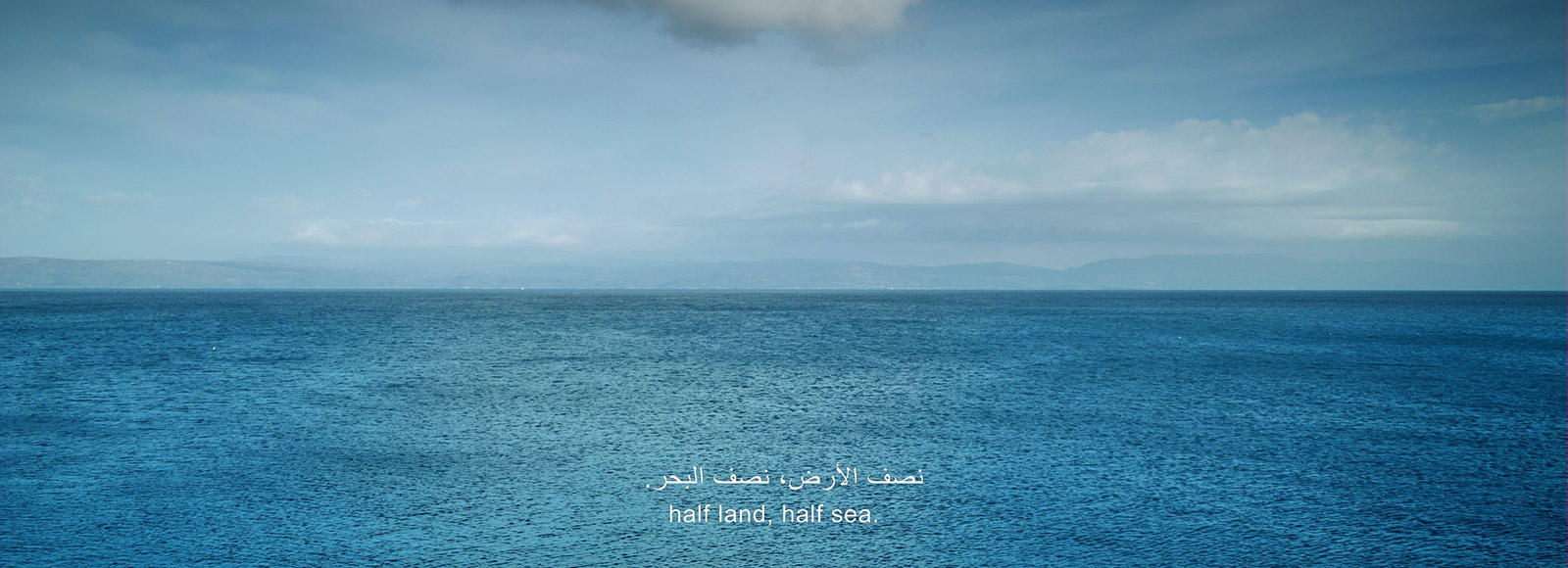
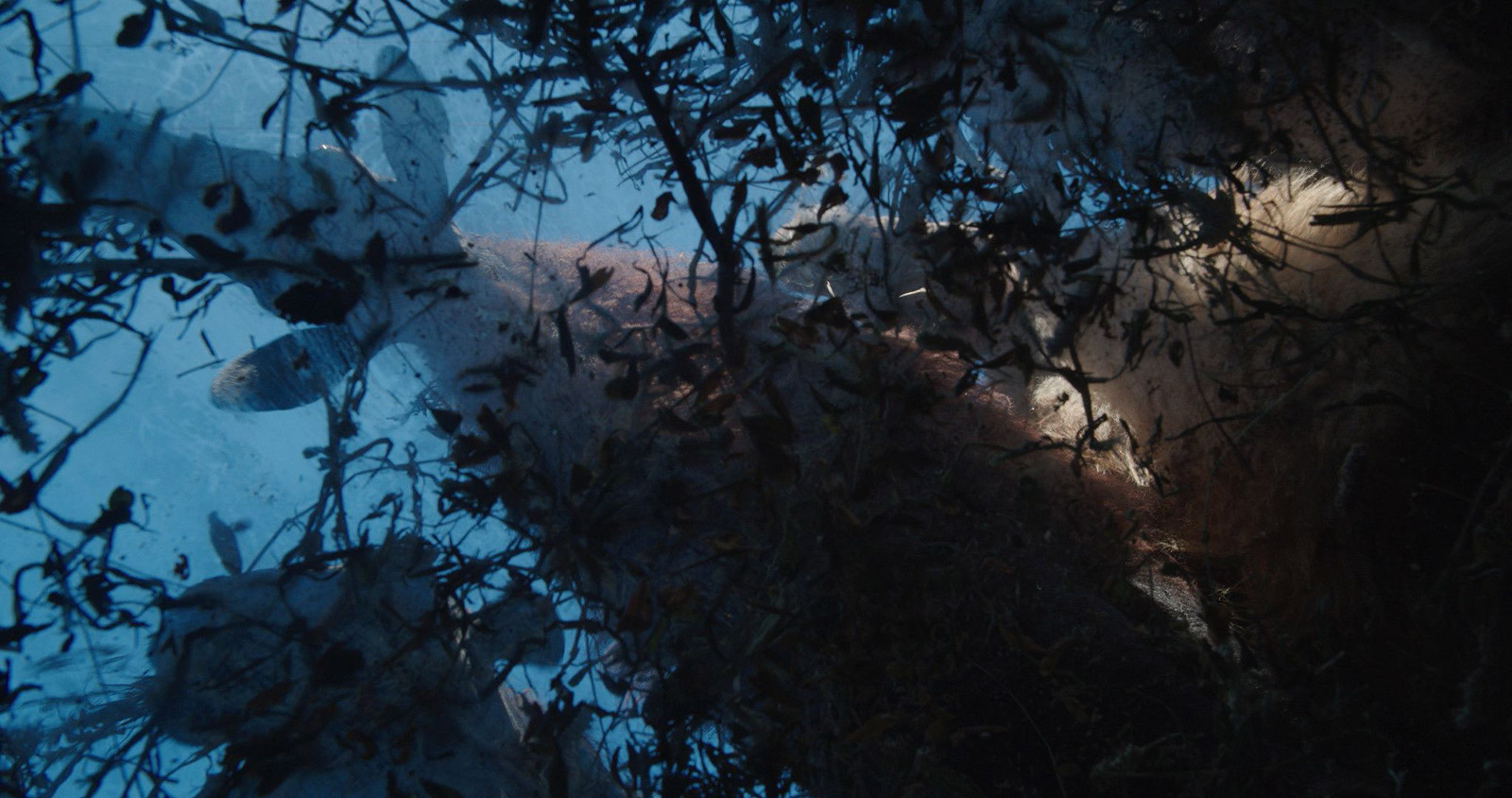
Stills from One emerging from a point of view, 2019, by Wu Tsang.
Best known for her innovative approach to documentary filmmaking, particularly in relation to queer politics and underground spaces, Tsang returns with a new film, this time dealing with the experience of migration. Shot on the island of Lesbos, One emerging from a point of view addresses the trauma of forced displacement experienced by the hundreds of refugees reaching Greece’s shores every week. Weaving together fact and fiction in the style of magical realism, the film questions modes of representation in the context of the refugee crisis. ‘I feel less reactionary to representational politics,’ the filmmaker says of her new work, which is screened via two overlapping video projections. ‘I don’t feel constrained by genre or rules of filmmaking.’
Collaboration is key for the artist, who regularly draws in diverse practitioners into her work. ‘My work often takes shape in dialogue with others,’ explains the 37-year-old artist, recipient of a MacArthur ‘genius’ grant in 2018. This is reflected in the exhibition, where a number of protagonists make central appearances, from poet Fred Moten to performance artist Boychild and photographer Eirini Vourloumis. ‘I see my role as a sort of director or host, in the sense that I try to create the circumstances for interactions to unfold,’ she says.
As the American artist continues to take Europe by storm – soon joining the Schauspielhaus Zurich as director in residence – Tsang’s Berlin exhibition offers a thoughtful overview of her practice to date, while glancing at the future.
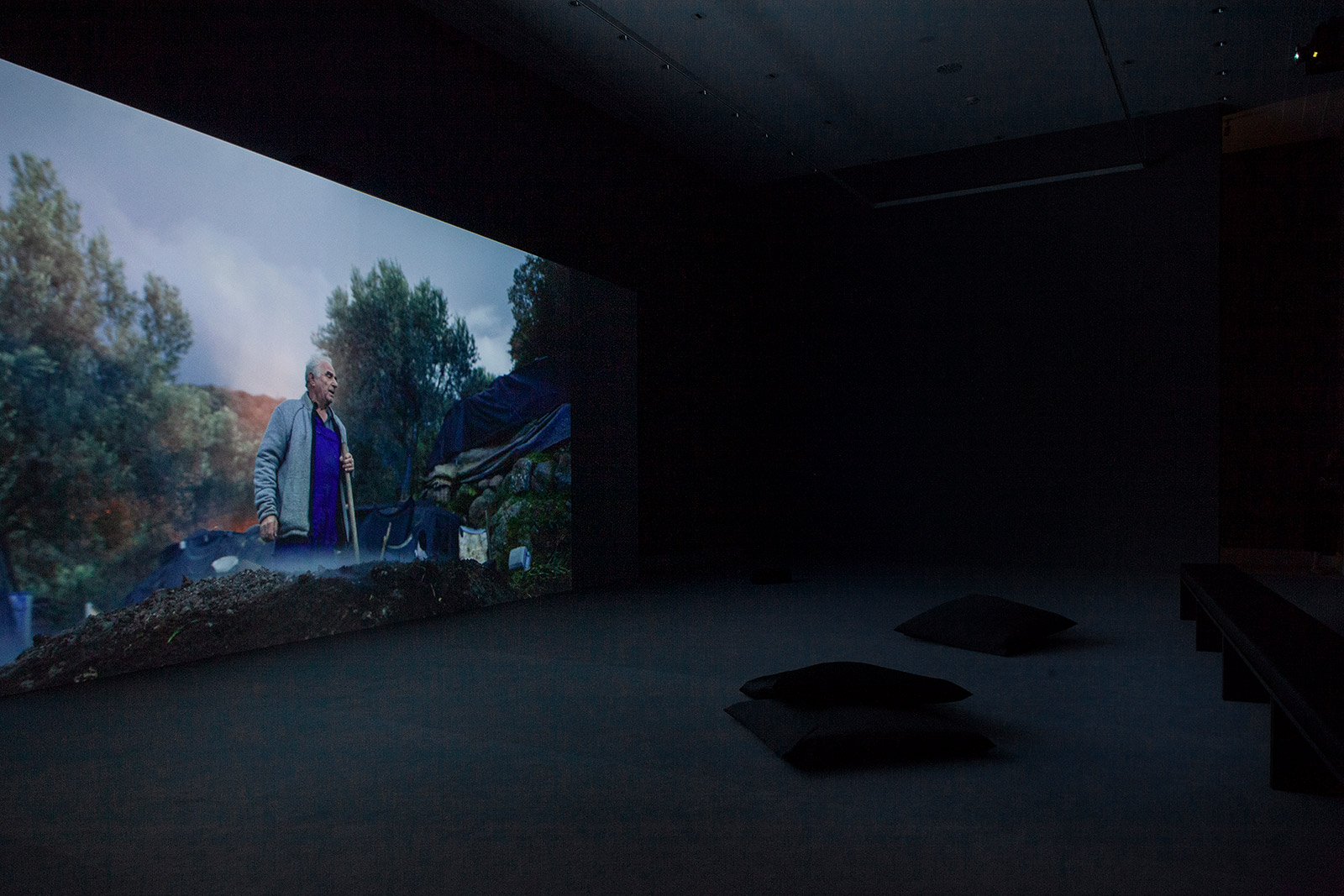
Installation view of One emerging from a point of view, 2019, by Wu Tsang, with Eirini Vourloumis, Yassmine Flowers, Boychild, Asma Maroof and Antonio Cisneros. Courtesy of the artist, Galerie Isabella Bortolozzi, Cabinet, and Antenna Space.
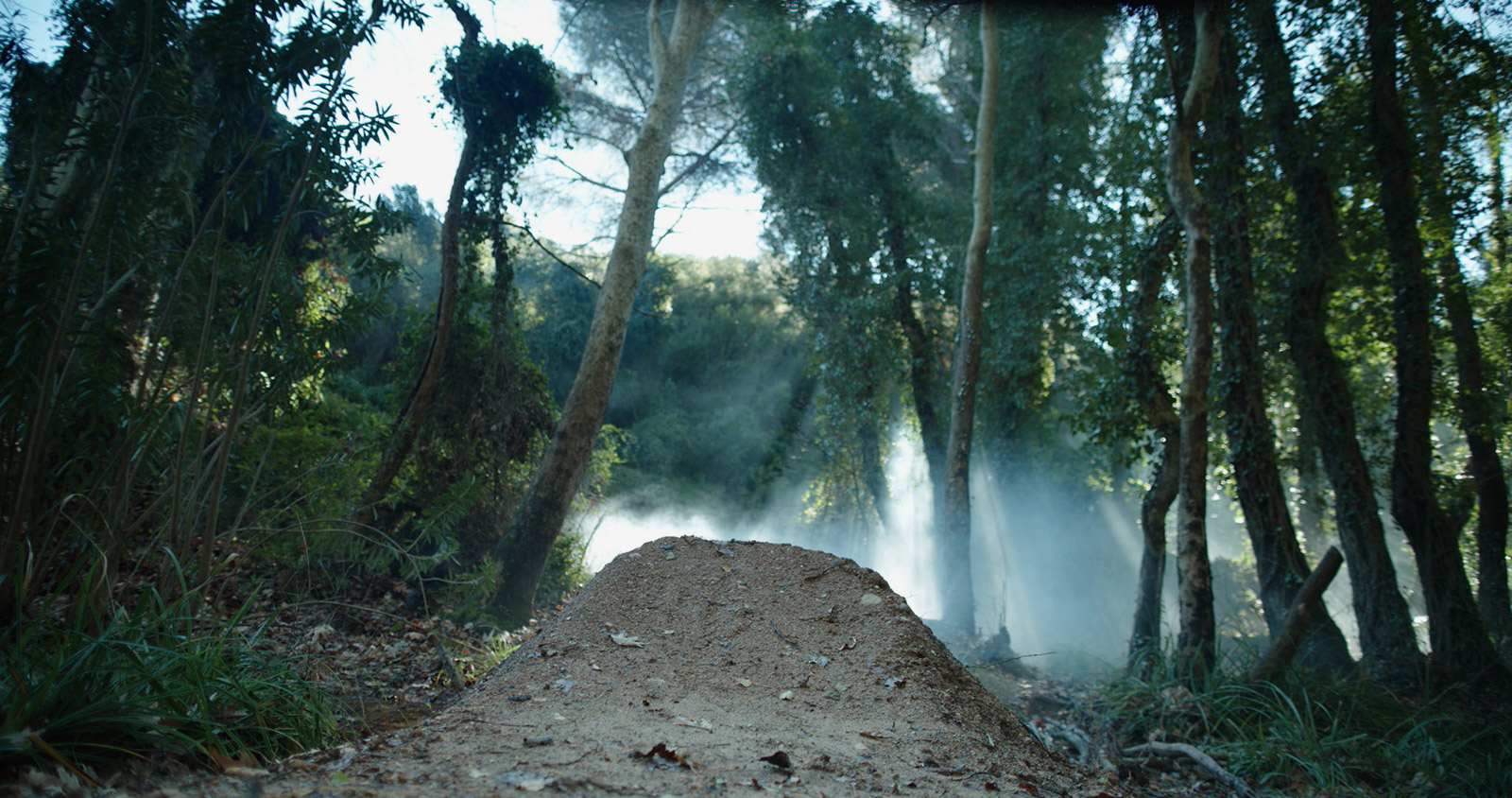
One emerging from a point of view (still), 2019, by Wu Tsang.
INFORMATION
‘Wu Tsang: There is no nonviolent way to look at somebody’, 4 September 2019 – 12 January 2020, Gropius Bau. berlinerfestspiele.de
ADDRESS
Gropius Bau
Niederkirchnerstrasse 7
10963 Berlin
Wallpaper* Newsletter
Receive our daily digest of inspiration, escapism and design stories from around the world direct to your inbox.
-
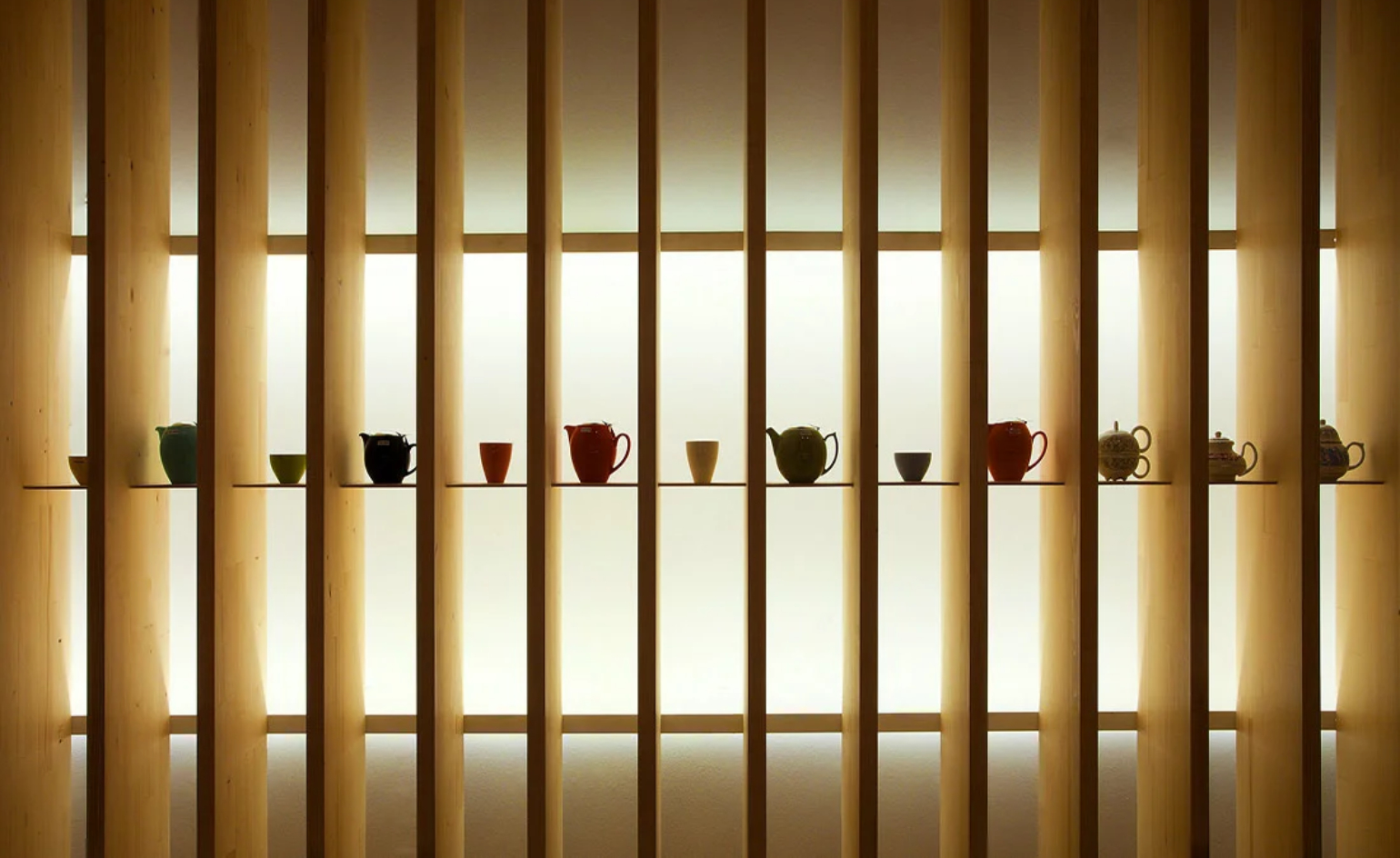 Tour the best contemporary tea houses around the world
Tour the best contemporary tea houses around the worldCelebrate the world’s most unique tea houses, from Melbourne to Stockholm, with a new book by Wallpaper’s Léa Teuscher
By Léa Teuscher
-
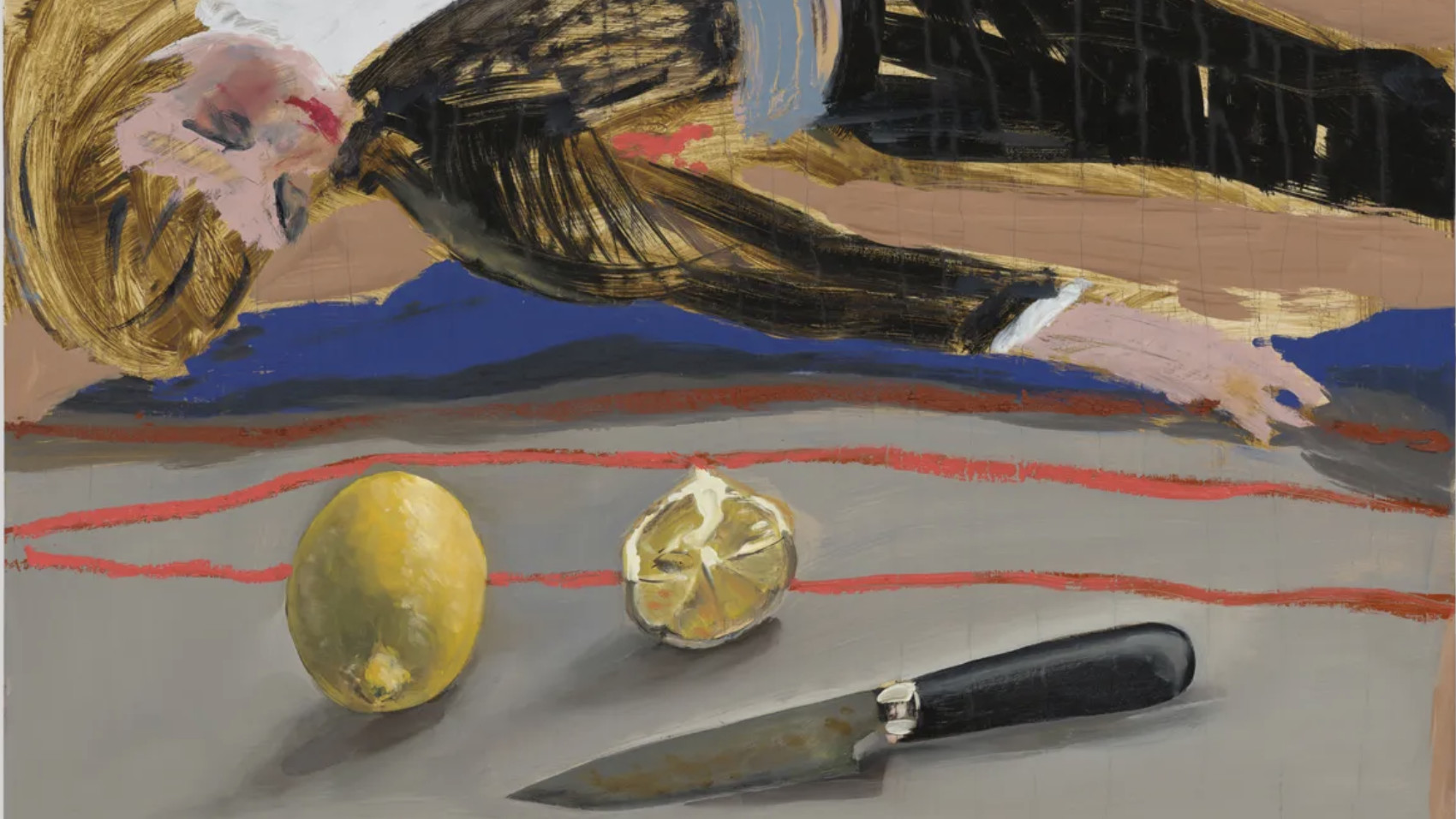 ‘Humour is foundational’: artist Ella Kruglyanskaya on painting as a ‘highly questionable’ pursuit
‘Humour is foundational’: artist Ella Kruglyanskaya on painting as a ‘highly questionable’ pursuitElla Kruglyanskaya’s exhibition, ‘Shadows’ at Thomas Dane Gallery, is the first in a series of three this year, with openings in Basel and New York to follow
By Hannah Silver
-
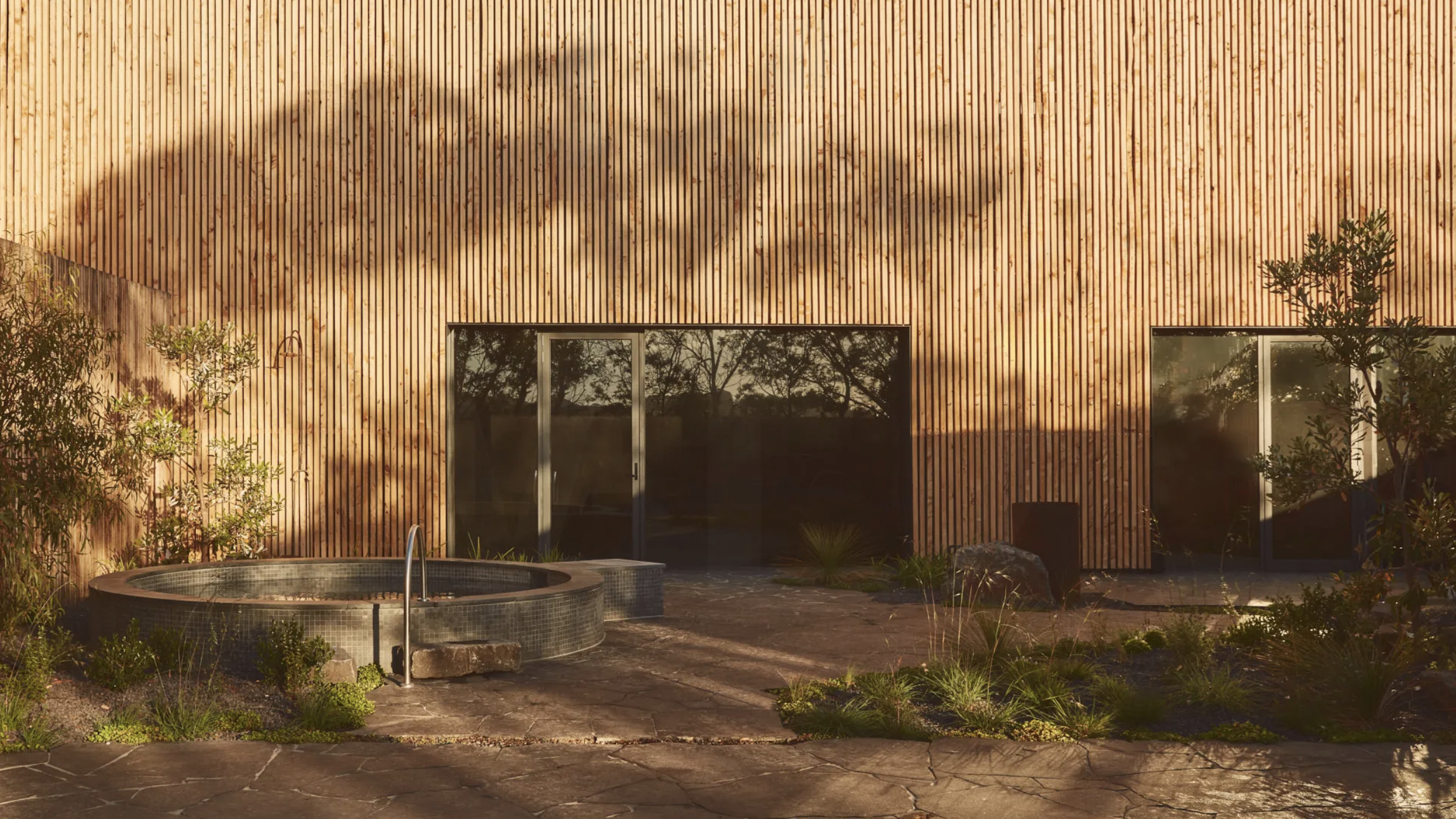 Australian bathhouse ‘About Time’ bridges softness and brutalism
Australian bathhouse ‘About Time’ bridges softness and brutalism‘About Time’, an Australian bathhouse designed by Goss Studio, balances brutalist architecture and the softness of natural patina in a Japanese-inspired wellness hub
By Ellie Stathaki
-
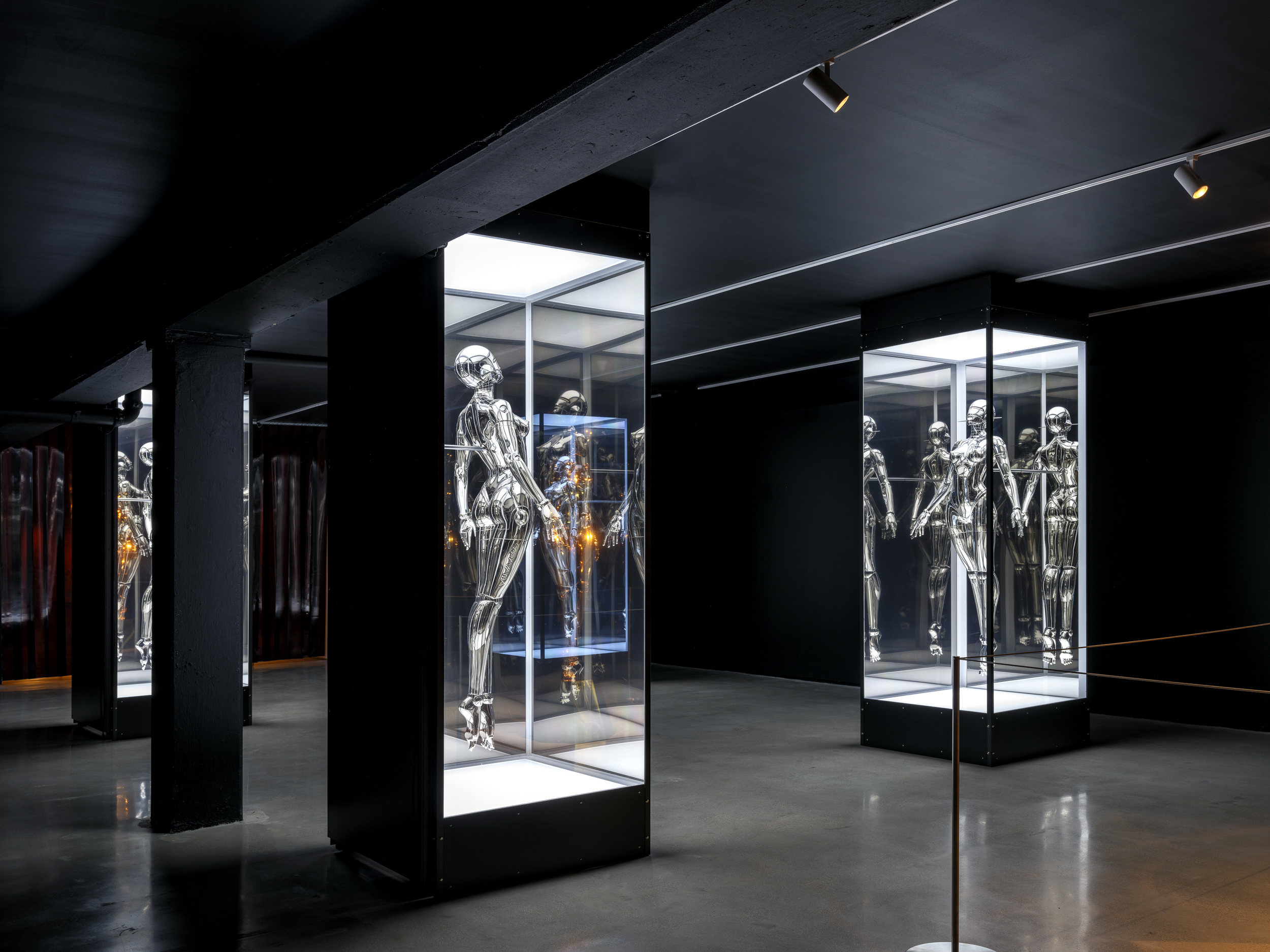 Miami’s new Museum of Sex is a beacon of open discourse
Miami’s new Museum of Sex is a beacon of open discourseThe Miami outpost of the cult New York destination opened last year, and continues its legacy of presenting and celebrating human sexuality
By Anna Solomon
-
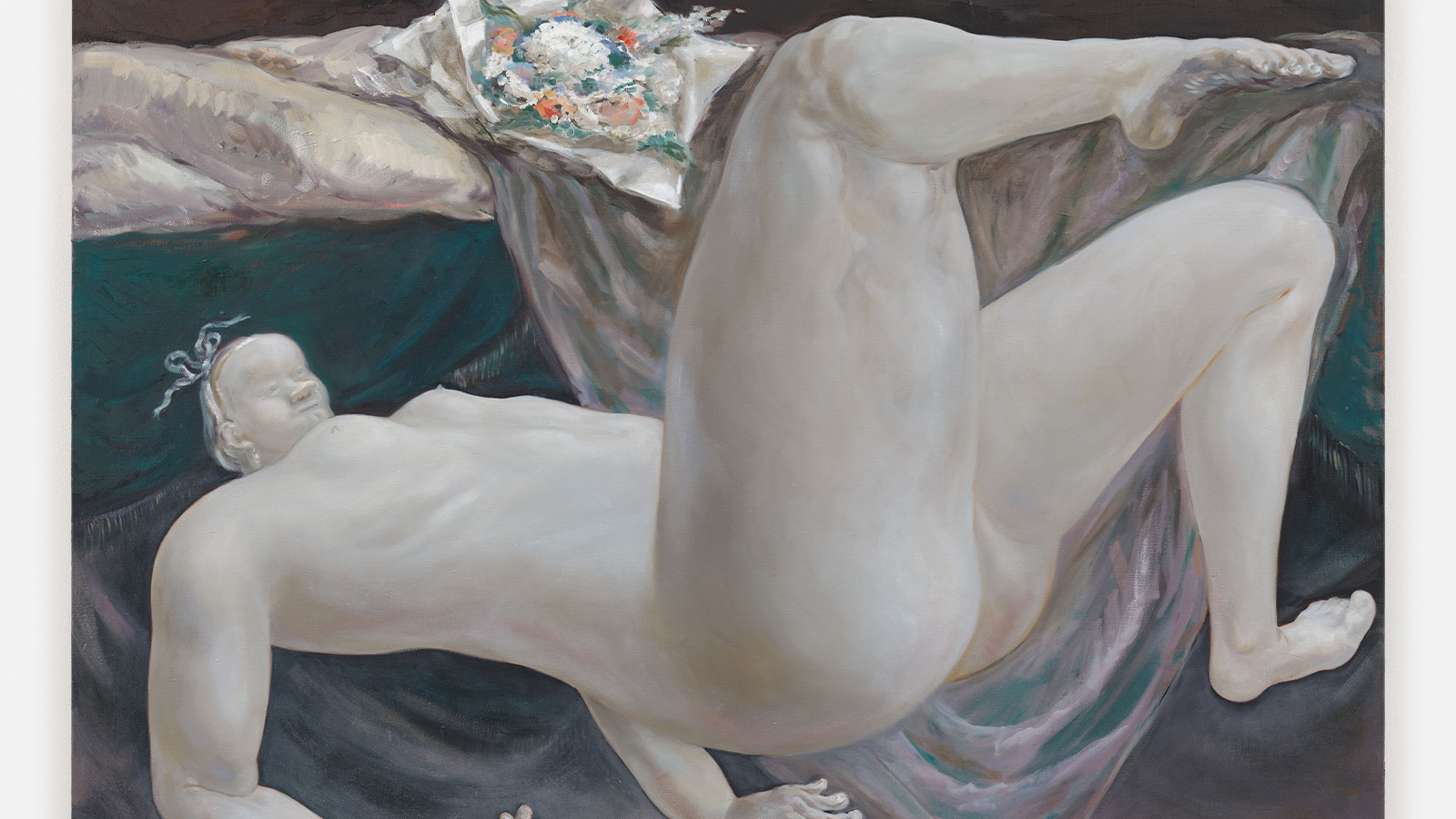 Louise Bonnet’s falling figures depict an emotional narrative to be felt rather than told
Louise Bonnet’s falling figures depict an emotional narrative to be felt rather than toldLouise Bonnet’s solo exhibition 'Reversal of Fortune' at Galerie Max Hetzler in Berlin, nods to historical art references and the fragility of the human condition
By Tianna Williams
-
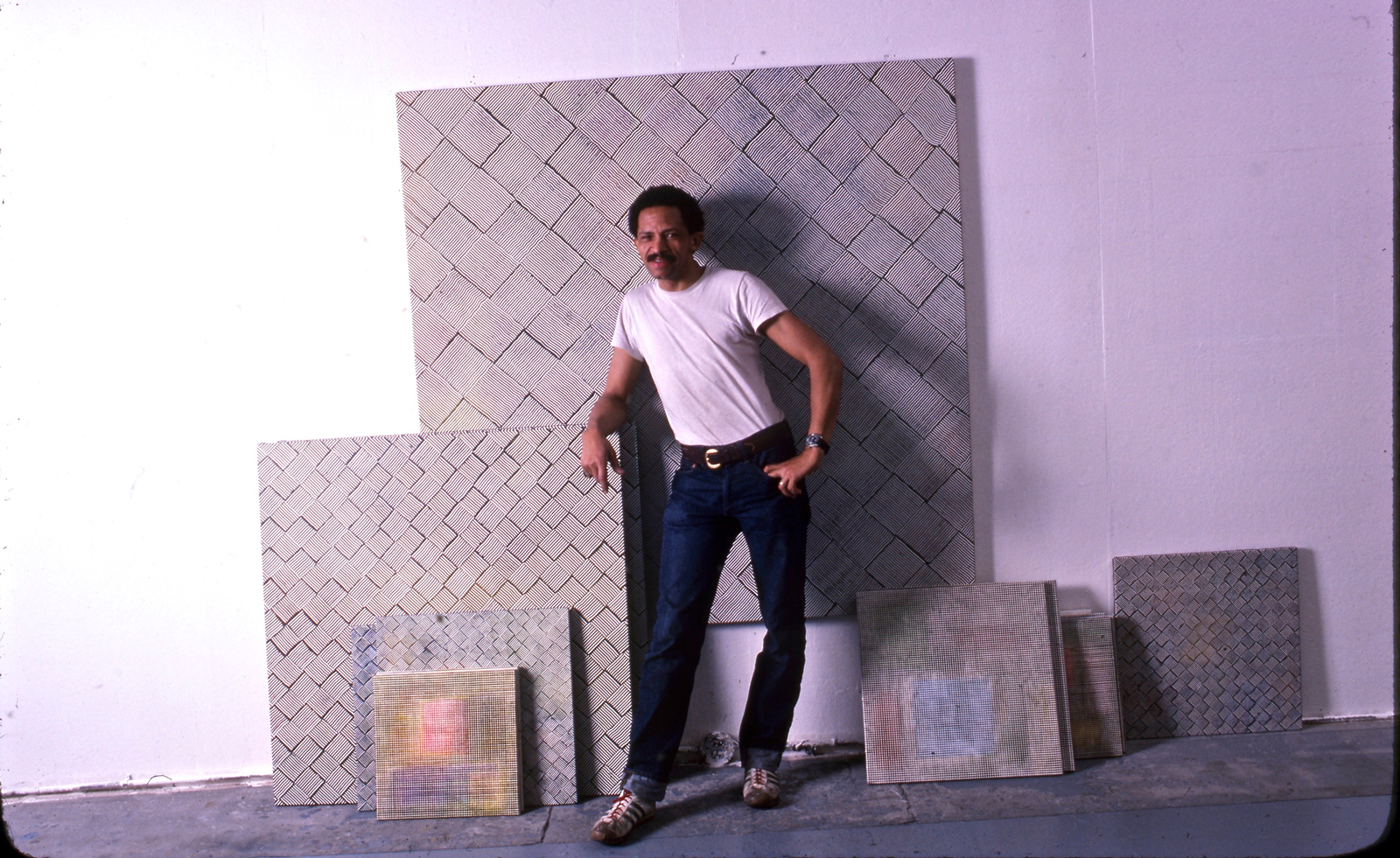 Inside Jack Whitten’s contribution to American contemporary art
Inside Jack Whitten’s contribution to American contemporary artAs Jack Whitten exhibition ‘Speedchaser’ opens at Hauser & Wirth, London, and before a major retrospective at MoMA opens next year, we explore the American artist's impact
By Finn Blythe
-
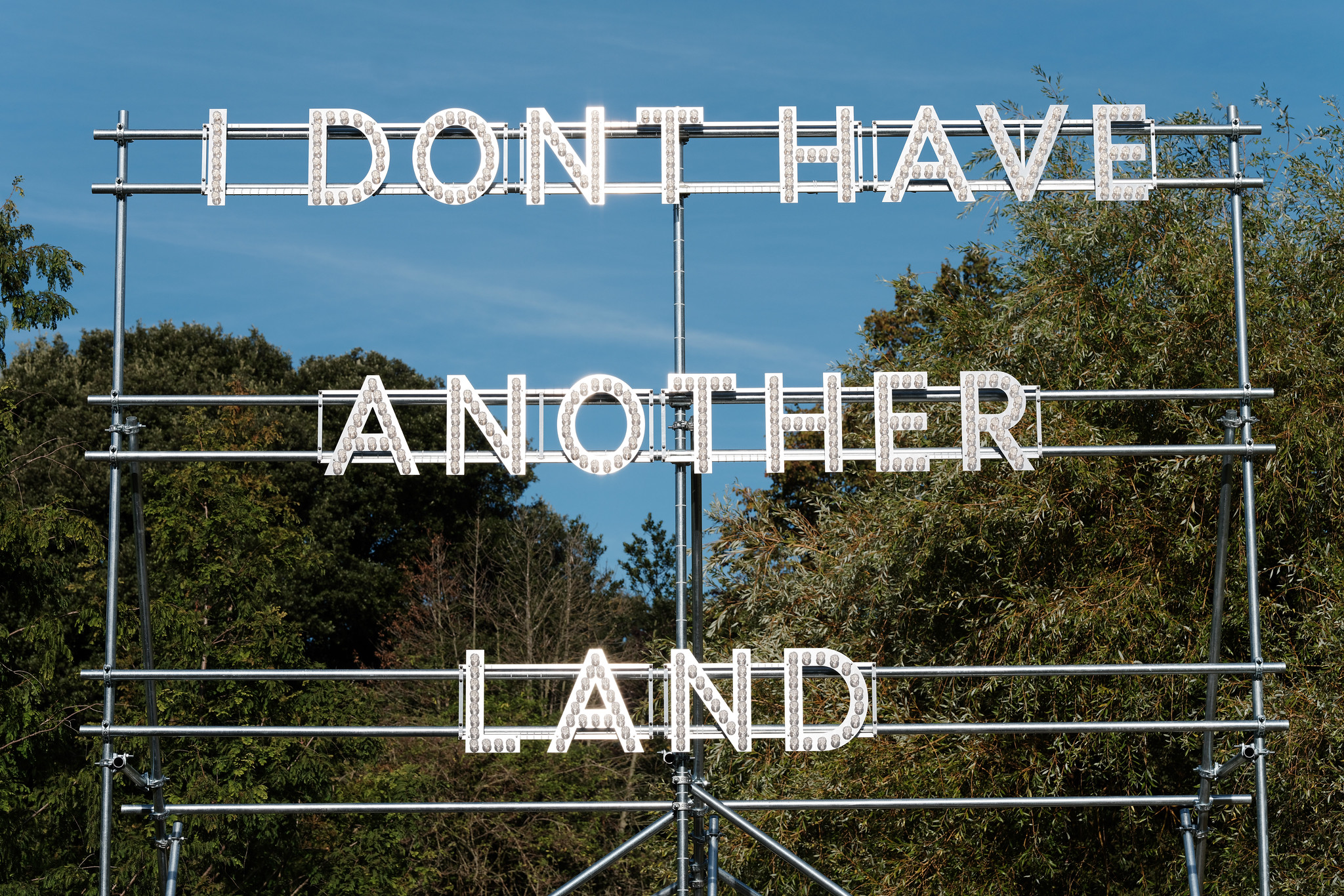 Frieze Sculpture takes over Regent’s Park
Frieze Sculpture takes over Regent’s ParkTwenty-two international artists turn the English gardens into a dream-like landscape and remind us of our inextricable connection to the natural world
By Smilian Cibic
-
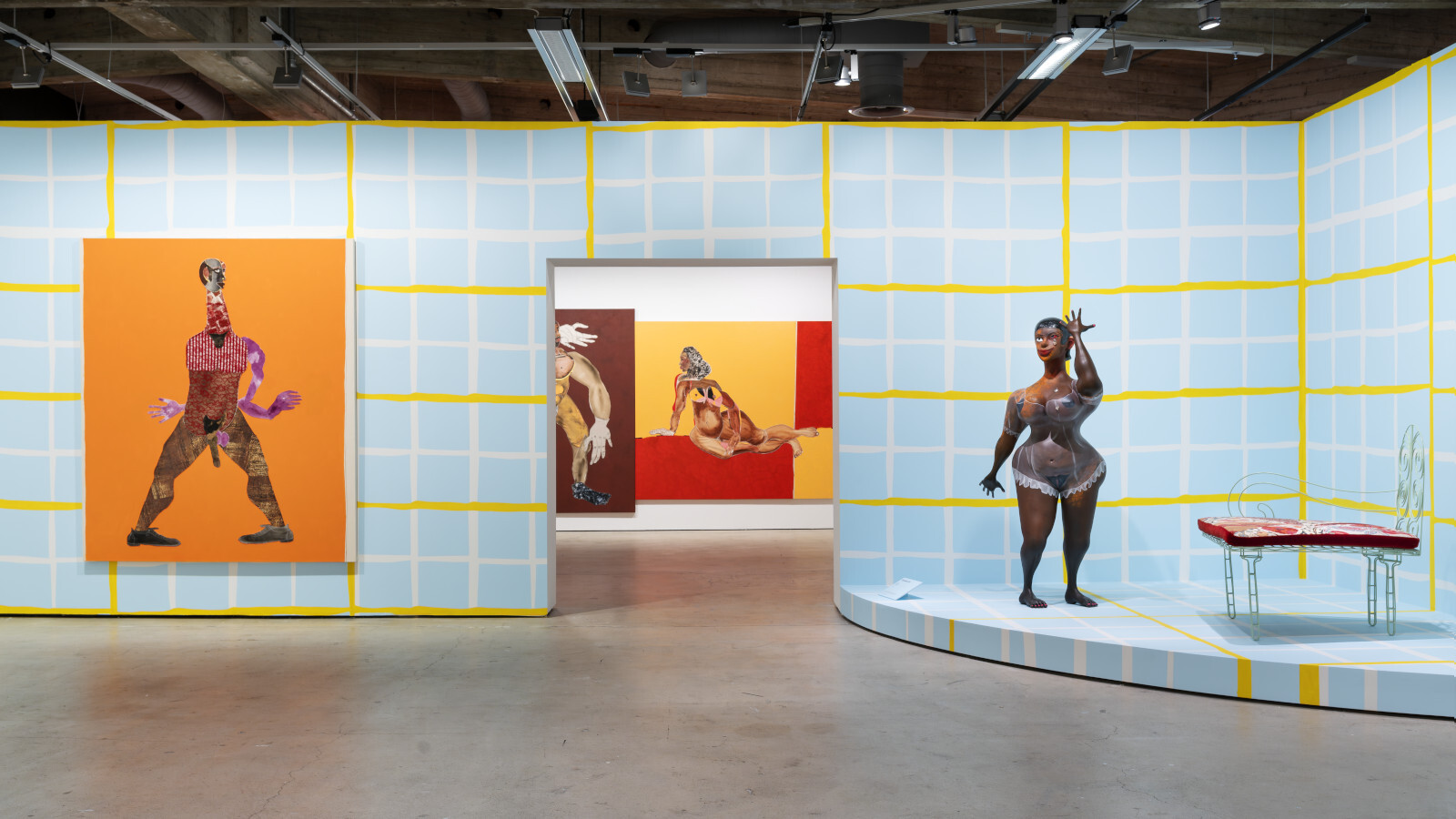 Harlem-born artist Tschabalala Self’s colourful ode to the landscape of her childhood
Harlem-born artist Tschabalala Self’s colourful ode to the landscape of her childhoodTschabalala Self’s new show at Finland's Espoo Museum of Modern Art evokes memories of her upbringing, in vibrant multi-dimensional vignettes
By Millen Brown-Ewens
-
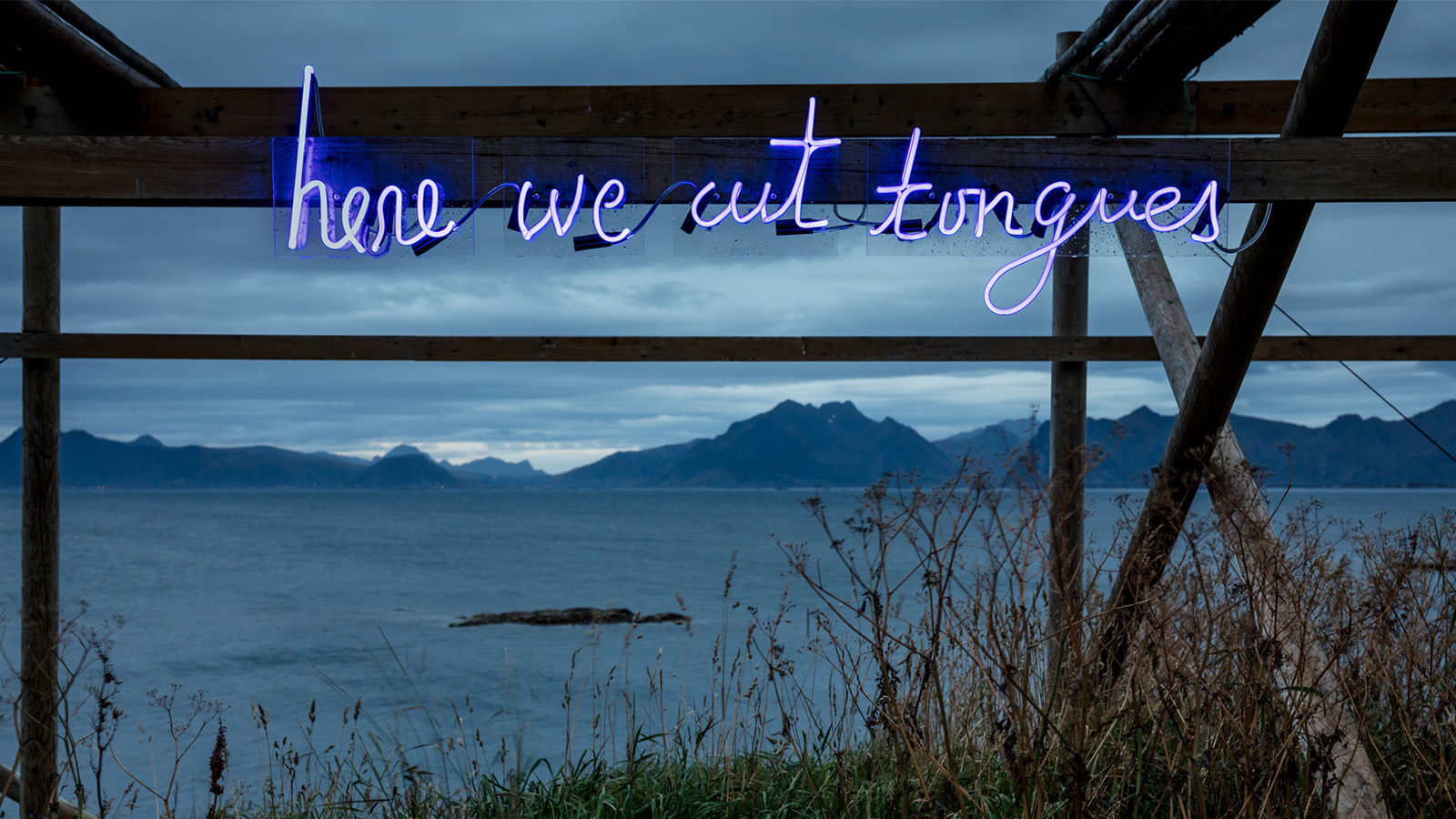 Wanås Konst sculpture park merges art and nature in Sweden
Wanås Konst sculpture park merges art and nature in SwedenWanås Konst’s latest exhibition, 'The Ocean in the Forest', unites land and sea with watery-inspired art in the park’s woodland setting
By Alice Godwin
-
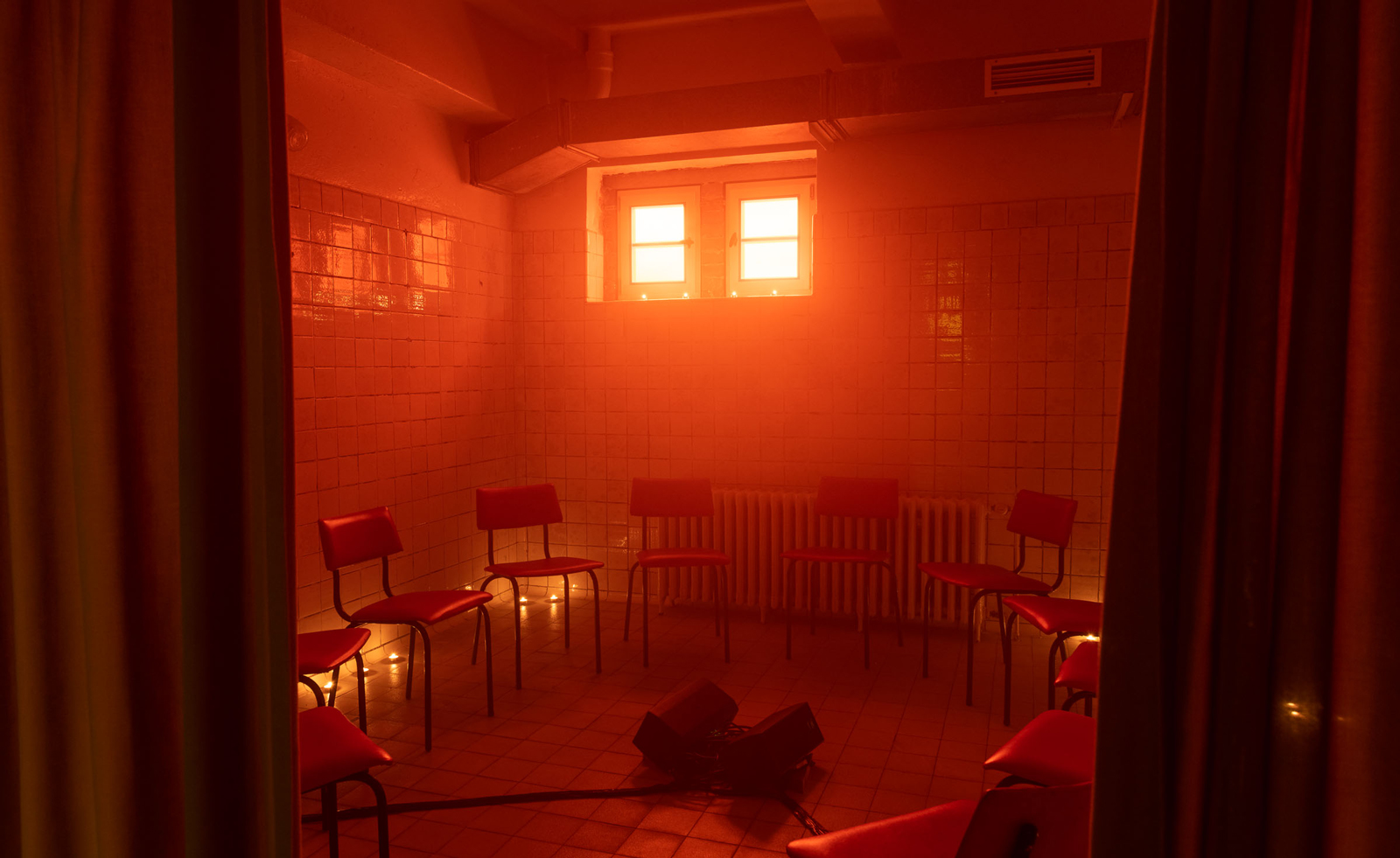 Inside E-WERK Luckenwalde’s ‘Tell Them I Said No’, an art festival at Berlin's former power station
Inside E-WERK Luckenwalde’s ‘Tell Them I Said No’, an art festival at Berlin's former power stationE-WERK Luckenwalde’s two-day art festival was an eclectic mix of performance, workshops, and discussion. Will Jennings reports
By Will Jennings
-
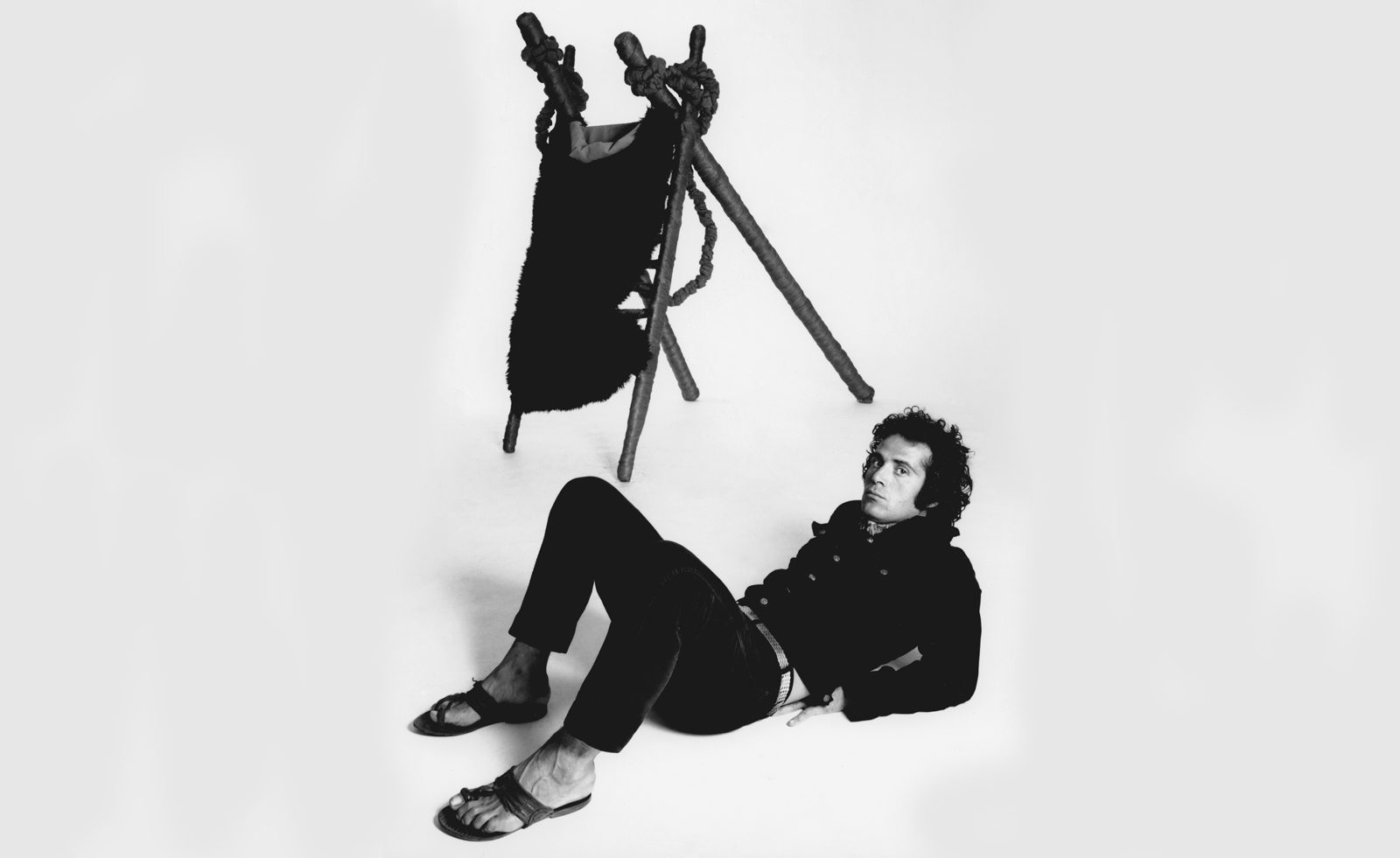 Pino Pascali’s brief and brilliant life celebrated at Fondazione Prada
Pino Pascali’s brief and brilliant life celebrated at Fondazione PradaMilan’s Fondazione Prada honours Italian artist Pino Pascali, dedicating four of its expansive main show spaces to an exhibition of his work
By Kasia Maciejowska